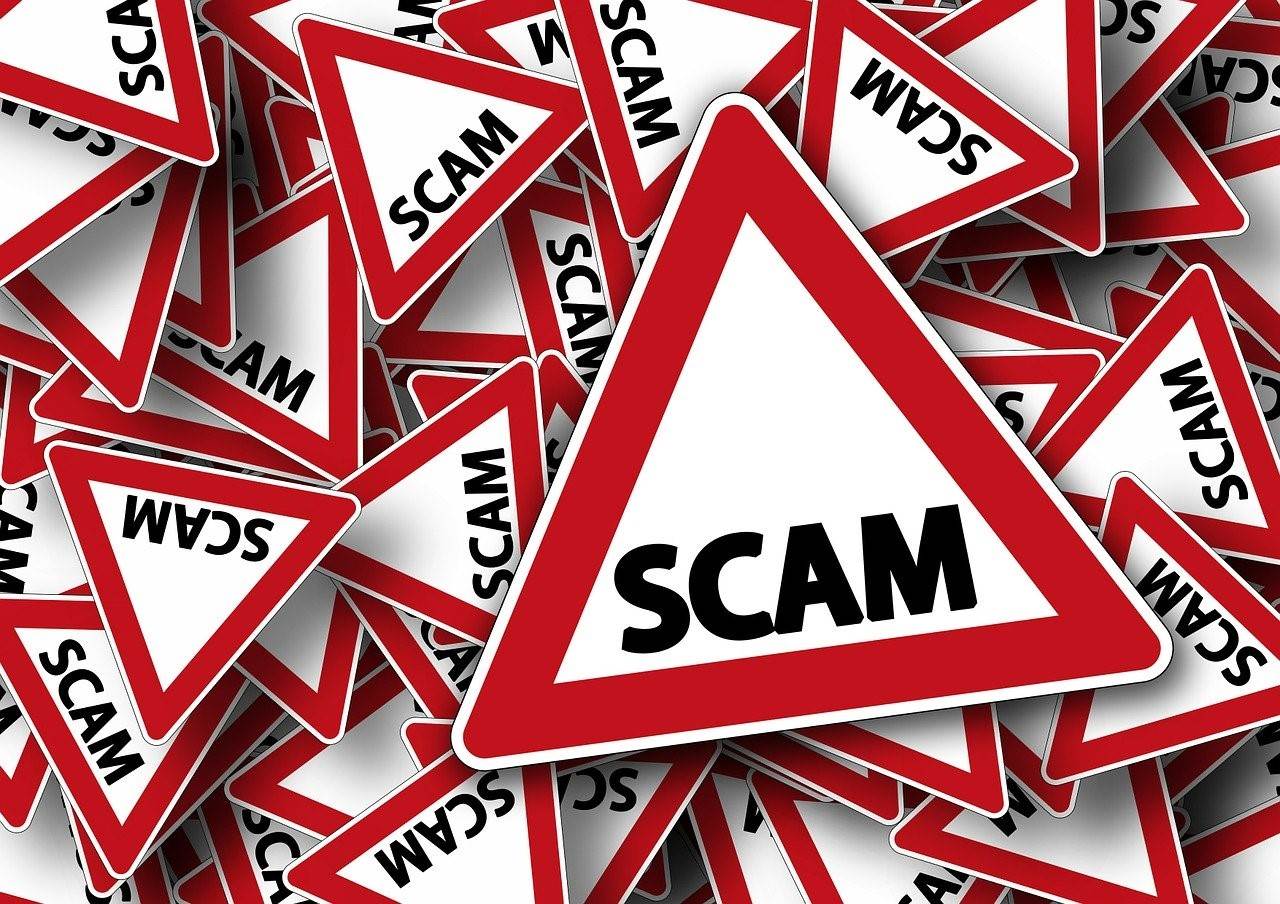
Don’t be fooled, scammers are after your stimulus checks. The $2 trillion Coronavirus relief law (the CARES Act) provides up to $1,200 per individual or $2,400 per married couple and an additional $500 per eligible child. The first batch of relief money was deposited in accounts mid-April. Millions more will receive their payments in the coming weeks by direct deposit or mail. Fraudsters are trying to take advantage of the situation.
Most people won’t need to take any action to get their payments. The IRS will calculate and automatically send the money to eligible taxpayers that filed tax returns for either 2018 or 2019, as well as most seniors and retirees.
Checks will begin arriving in the mail in May. If you receive a check before the beginning of the month, or you’re expecting a direct deposit, it’s a scam.
If you receive a letter telling you that the IRS sent you an over-payment and it asks you to send the money back in the form of cash, or through a money transfer, it’s a scam.
The IRS won’t contact you by email, call or text to gather personal or account information. Don’t click on links in emails about stimulus payments, hang up any calls, and delete texts. If you receive a postcard with a password to use online to access or verify your payment or direct deposit info, throw it away. This is a scam.
Ignore any messages, calls, or emails about early access to your stimulus money.
For reliable information and updates about IRS payments visit, https://www.irs.gov/coronavirus/economic-impact-payments
Protect yourself against scammers. If you have any questions, please contact your local branch in New Berlin, Modesto, Palmyra or Springfield.